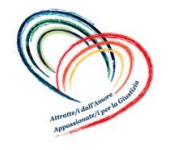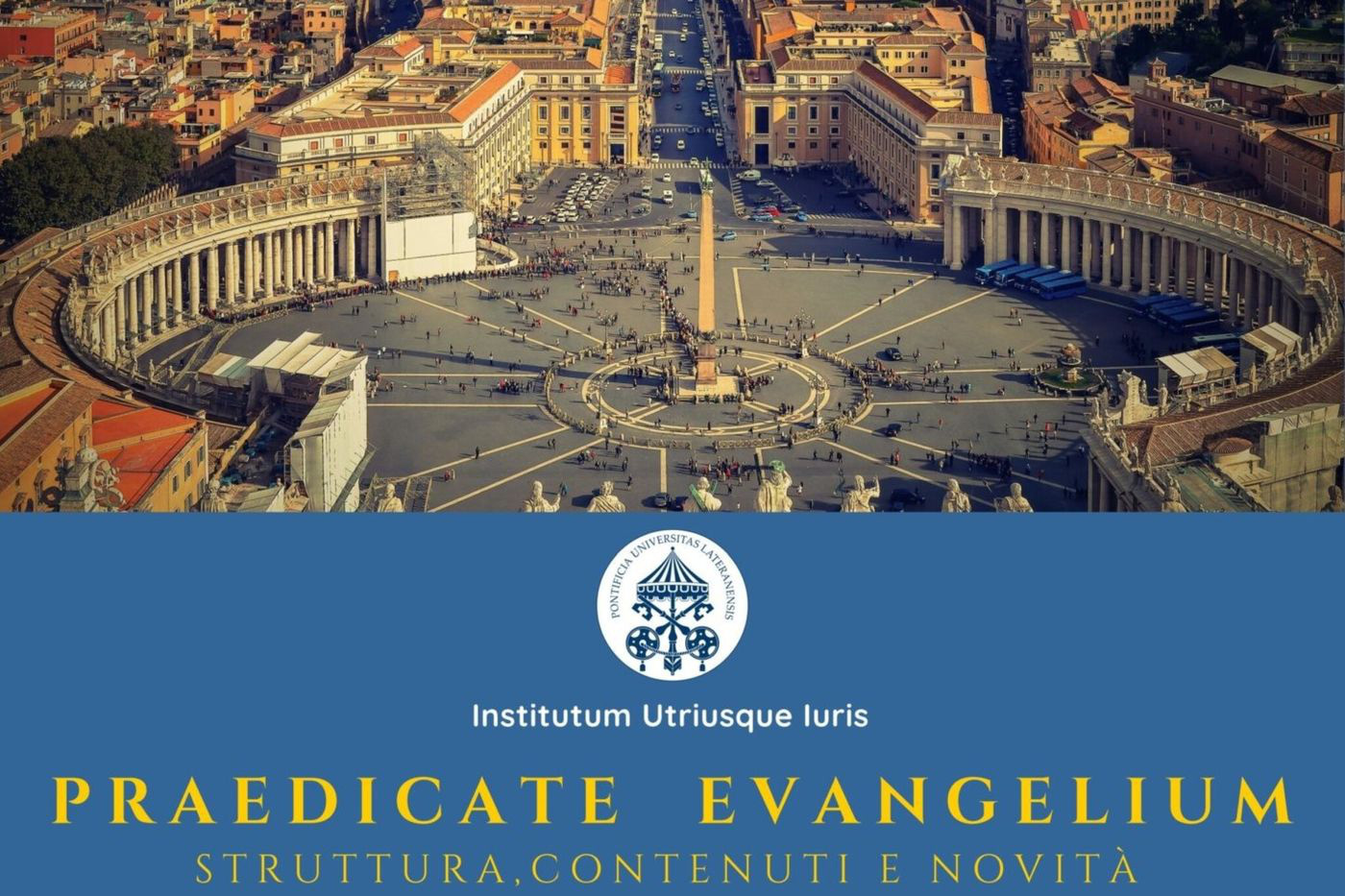
Missionaries and competence: the reform of the Roman Curia opens up to the laity and encourages a change of mentality
«I dream of a “missionary option”, that is, a missionary impulse capable of transforming everything, so that the Church’s customs, ways of doing things, times and schedules, language and structures can be suitably channeled for the evangelization of today’s world rather than for her self-preservation. The renewal of structures demanded by pastoral conversion can only be understood in this light: as part of an effort to make them more mission-oriented, to make ordinary pastoral activity on every level more inclusive and open, to inspire in pastoral workers a constant desire to go forth and in this way to elicit a positive response from all those whom Jesus summons to friendship with himself.» (EG 27).
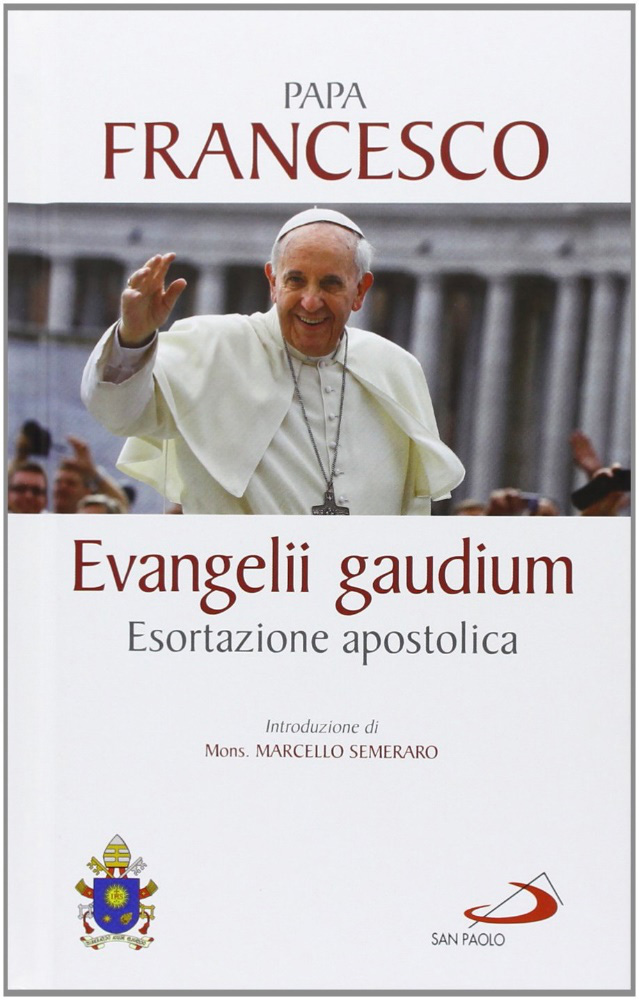
It came naturally to us to link the encyclical Evangeli Gaudium to the Apostolic Constitution Praedicate Evangelium.
With the former, in 2013, at the beginning of his pontificate, Pope Francis developed the theme of the proclamation of the Gospel in today’s world, addressed the Christian faithful to invite them to a new stage of evangelisation marked by this joy, and to indicate ways for the Church’s journey in the coming years” (1). It was a heartfelt appeal to all the baptised to bring the love of Jesus to others with new fervour and dynamism in a “permanent state of mission” (25), overcoming “the great risk of today’s world”: that of falling into “an individualistic sadness” (2).
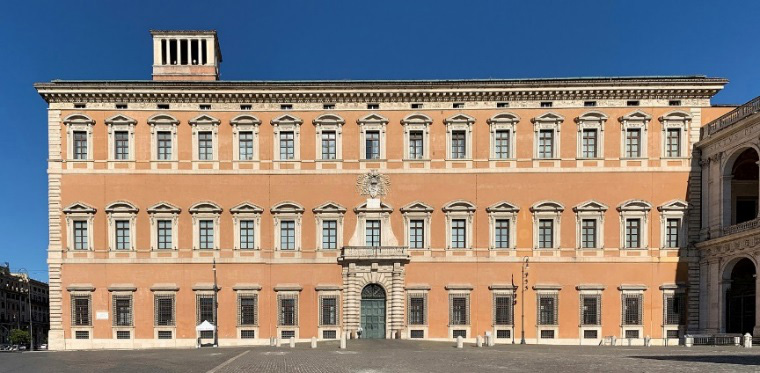
With the Praedicate Evangelium, on the Solemnity of Pentecost 2022, Pope Francis outlines a new governance structure, redefines the orders and tasks of the dicasteries of the Roman Curia and institutes new ones, with new logic: “one of the qualifying acts of the current pontificate comes into force […]The only posts for which it is explicitly established that they are presided over by a cardinal are the Prefect of the Apostolic Signatura and the Coordinator of the Council for the Economy. For the rest, it is established that any member of the faithful may preside over a Dicastery or an organism, given their special competence, governance and function. And this by virtue of the principle that the power of governance in the Church does not come from the sacrament of order, but from the canonical mission.” (source: avvenire 05/06)

SO MUCH IN TUNE WITH THE PATHS STARTED WITH THE 31ST CONGREGATIONAL CHAPTER
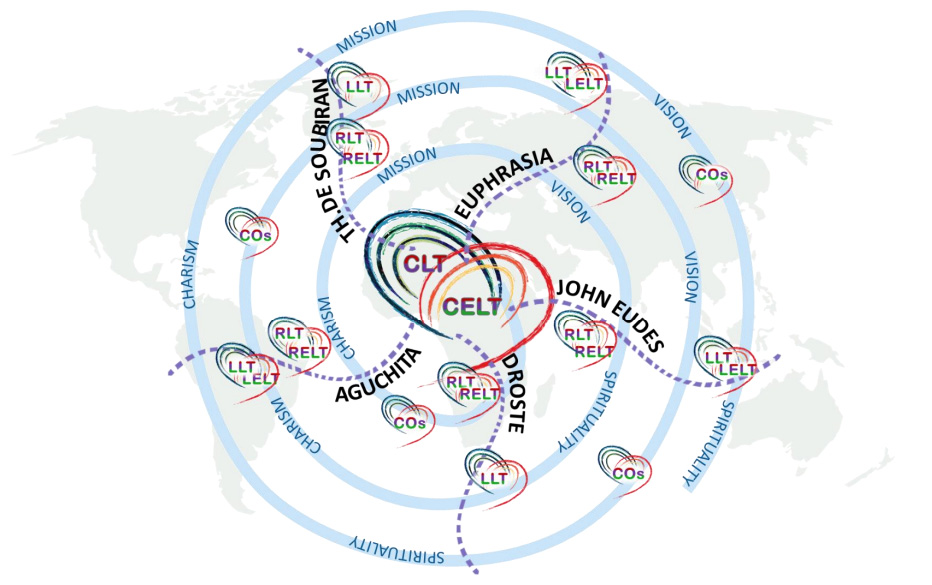
AND AS AN ENCOURAGEMENT TO REDESIGN WITH CONFIDENCE
THE NEW GOVERNANCE STRUCTURE OF THE FUTURE SOUTHERN EUROPEAN REGION
FOR AN EFFECTIVE SPIRITUAL AND APOSTOLIC MISSION
TOGETHER WITH LAY PARTNERS
WITH WHOM WE SHARE
COMPETENCIES RECOGNITIONS AND INTERDEPENDENCIES
